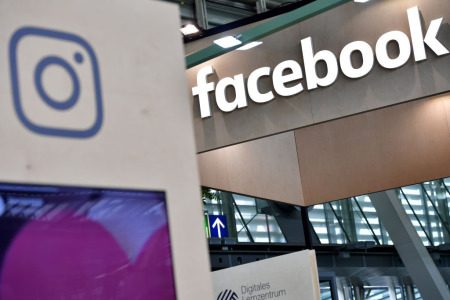Facebook says 'denying existence' of trans identities on platform is 'hate speech'

In a move that mirrors Twitter's recent update to its user rules forbidding "misgendering" on the platform, Facebook has updated its terms of service to say that "denying existence" of self-determined gender identities will be considered "hate speech."
According to internet and tech watchdog Reclaim the Net, the social media giant "quietly updated its Community Standards on 'hate speech' and prohibited 'statements denying existence' based on 'gender identity.' Since Facebook users can enter custom gender identities, this update means that denying the existence of a potentially unlimited number of gender identities could now result in a permanent account ban."
Facebook's Community Standards page on what constitutes hate speech says in a December 2019 post that their rules extend to protected traits which not only include race and religious affiliation, but now adds "gender identity." The platform has over 50 pre-filled potential gender identities with words that have no dictionary definition or coherent meaning such as "Bigender," "Neutrois," "non-binary," and "Pangender."
Listed under Tier 1, the social media company now insists that content that targets a person or group with "statements denying existence" is not allowed.
The new rules also say that speech or imagery that dehumanizes people in the form of generalization, comparison, or unqualified behavioral statements is no longer allowed, such as likening people to insects, bacteria, or violent and sexual criminals.
The December 2019 update comes amid increasing public scrutiny over Silicon Valley's influence over the free speech of the citizenry in Western nations, particularly as it relates to gender identity ideology and transgender activism.
In November 2018, Vancouver, British Columbia-based journalist Meghan Murphy was banned from Twitter for posting comments such as "men aren't women," and was only allowed back on if she agreed to delete the tweets in question. The tweet for which Twitter permanently booted her from the platform was in reference to a transgender-identifying male who was still using male names on certain online profiles and is infamous for taking estheticians to human rights court arguing they had discriminated against him on the basis of gender identity, which was formally prohibited under the 2016 bill known as C-16.
Murphy told The Christian Post at the time that Twitter's rules change in its terms of service means that "male predators are allowed to change their sex, change their name, erase their history."
"So if a man is violent, a pedophile, if he is a danger to people, to women and girls or kids in general, he's fully allowed to erase that history from the internet and move on with his life and continue to predate," she said.
Concurrent with social media clamping down on criticisms of transgenderism, "gender identity" is increasingly being added to non-discrimination legislation, including at the federal level with the Equality Act, which passed the Democratic-controlled House last year.





















